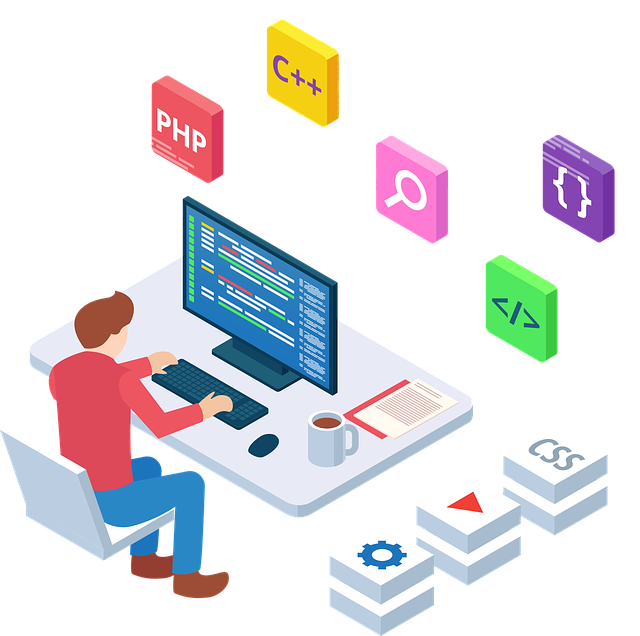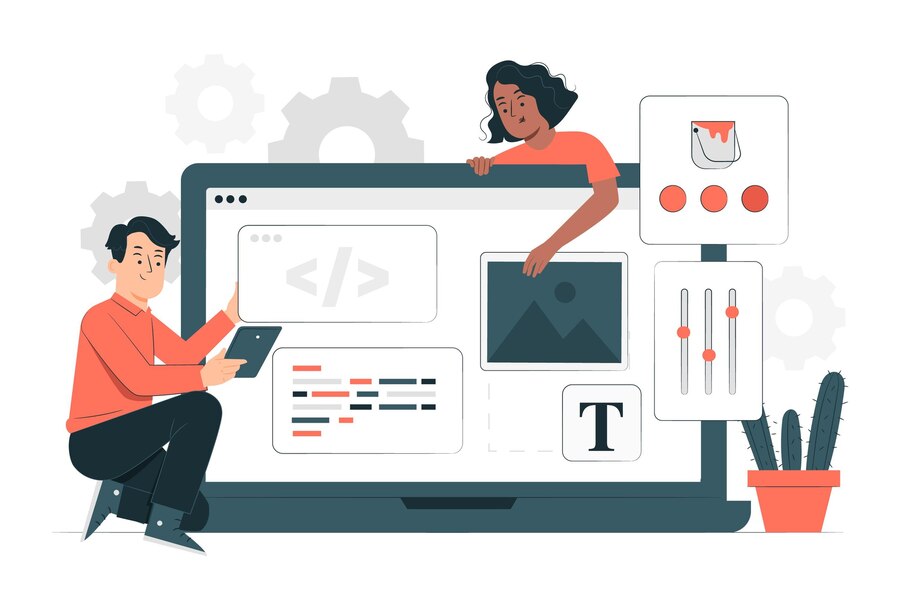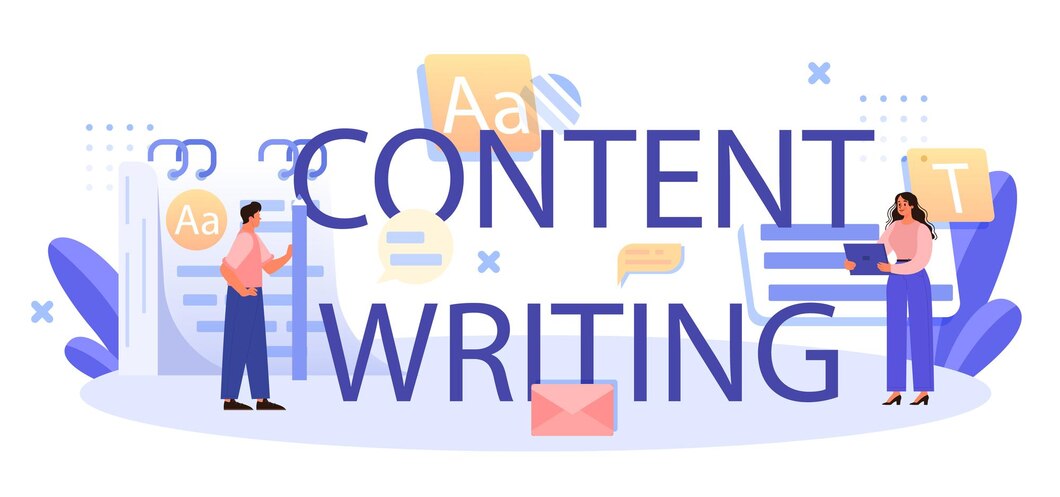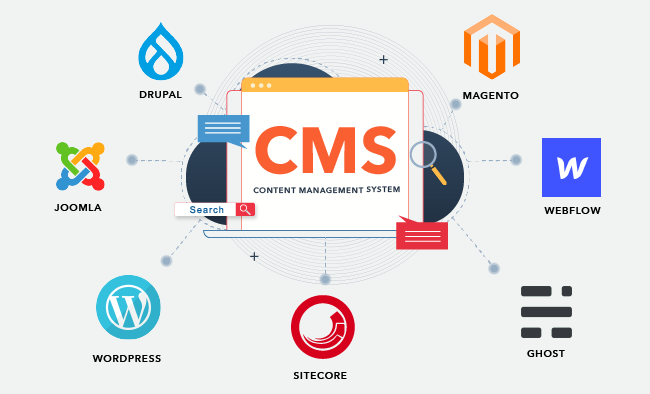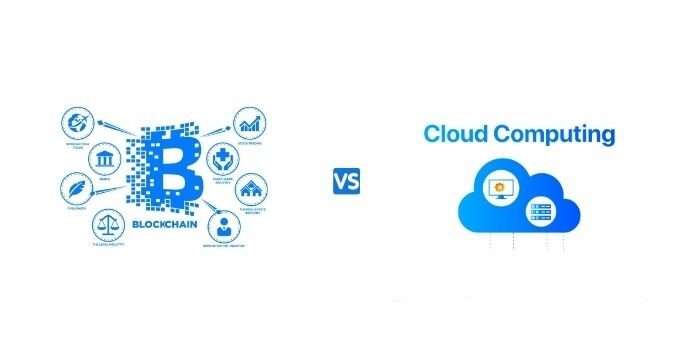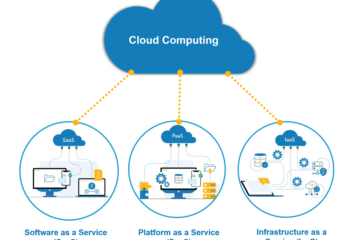The difference Between Blockchain Technology And Cloud Computing
Blockchain Technology:
A robust database system called blockchain technology allows the transparent sharing of data inside a company network. Data is maintained in blocks that are connected together as a chain and preserved in a blockchain database. An unchangeable or immutable ledger can be made using blockchain technology to keep track of orders, payments, accounts, and other transactions. A standardized overview of these transactions is made consistent by the system’s built-in features, which additionally prevent unauthorized transaction submissions.
Blockchain: Blockchain is a new technology that is being dynamically adopted by numerous industries, which include energy, finance, media and entertainment, retail, and so forth.
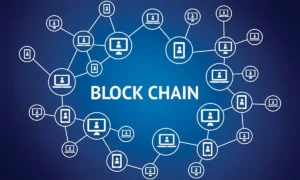
Cloud Computing: Cloud computing is the on-demand use of technology stored in a remote data center controlled by a cloud services provider (or CSP), such as apps, servers (both physical as well as virtual), storage for data, tools for development, networking capacity, and more.
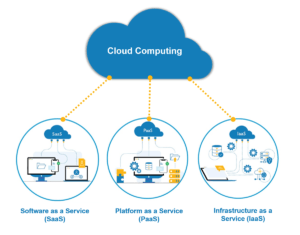
The Difference:
How they store data is the main difference between blockchain and cloud-based technologies.
- Data on a blockchain is immutable, which means it cannot be changed or erased. The data in cloud computing is changeable, which means it may be altered. Although blockchain is a sophisticated technology, it does not often offer any services other than to record digital assets. In contrast, cloud computing provides three different service types: infrastructure as a service (IaaS), platform as a service (PaaS), and software as a service (SaaS).
- A cloud is something through which the internet grants access. We may access the material online in cyberspace. However, blockchain is an encrypted system that stores data in secure databases using a variety of encryption algorithms and hashes. These data records are dispersed over different nodes by the system, which then agrees on the location of the data they contain.
- Blockchain-based project execution may be accelerated via cloud computing. However, it has a centralized structure for data fetching (because all the data is still kept in a company’s centralized set of data centers). On the other hand, the fundamental tenet of blockchain is decentralization, which means that none of its data is kept in a single location.
Conclusion:
Blockchain and cloud computing are two well-known developments. Both have a significant impact on how organizations run and how traditional computing works and both provide services that weren’t available before. Blockchain’s innovative and promising technology has increased its notoriety. Scalability, rapid innovation, and resource adaptation are all benefits of cloud computing.
In addition to improving the current corporate infrastructure, their emergence has changed how the world of application development, storage, online transactions, and other services operates. Despite the fact that blockchain cloud services are still in their infancy, the cloud is a well-oiled platform that can speed up blockchain projects.



